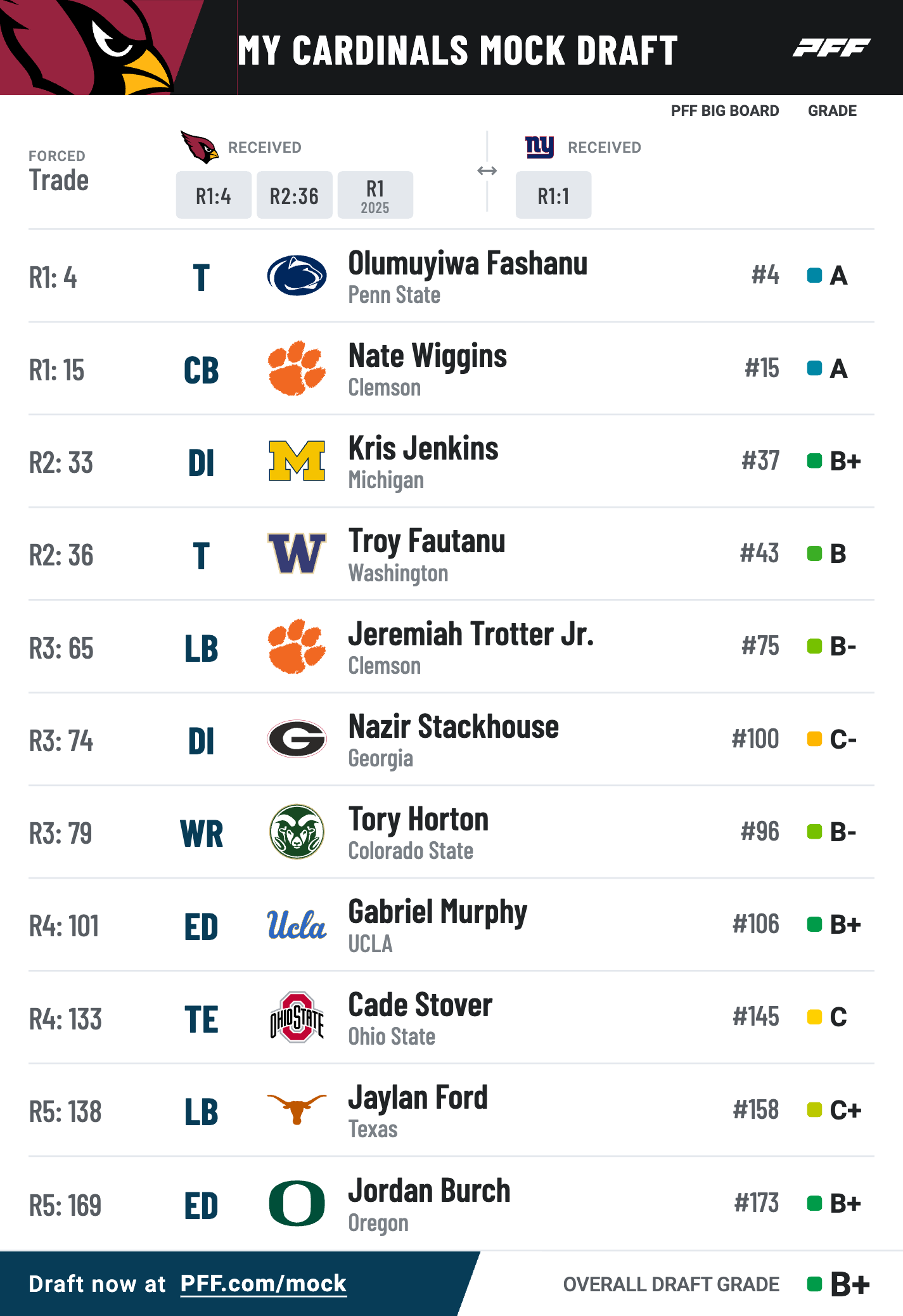The Michigan Wolverines have long been a powerhouse in college football, consistently producing top-tier talent that transitions seamlessly to the professional level. The university's commitment to excellence on and off the field has made it a breeding ground for NFL-ready athletes. Recently, the Wolverines achieved a historic milestone that further solidifies their reputation as a premier football program.
This achievement came during a memorable NFL Draft night when the Michigan Wolverines tied a program record with three first-round picks. This accomplishment not only highlights the team's prowess in developing elite players but also underscores the significance of their contributions to the sport at large. Let's delve deeper into this remarkable feat and explore what it means for the future of Wolverine football.
Three First-Round Picks: A Testament to Excellence
Mason Graham, Colston Loveland, and Kenneth Grant were all selected in the first round of the NFL Draft, marking a significant moment in Michigan Football history. This trio exemplifies the high standard of athleticism and dedication that the Wolverines have come to represent. Their selection ties the most first-round picks ever achieved by the program in a single draft, showcasing the depth and quality of talent emerging from Ann Arbor.
The success of these players is a direct reflection of the rigorous training and development they received while at Michigan. Each athlete brought unique skills and strengths to the table, making them highly sought-after prospects. Graham’s agility, Loveland’s strategic gameplay, and Grant’s defensive prowess all contributed to their early selection in the draft.
This achievement not only honors the hard work of the players but also celebrates the coaching staff and support systems that helped groom them for professional success. It serves as an inspiration to current and future Wolverines, reinforcing the idea that with dedication and perseverance, anything is possible.
Inspiring Rivals: The Huskies' Record Performance
In a related story, the UW Huskies also made waves by tying a modern-era record with 10 players taken in the NFL Draft. This impressive showing mirrors the Wolverines' achievements, demonstrating the competitive nature of college football programs across the nation. The Huskies' performance reflects a season filled with victories, including their record-breaking 14 wins last year.
The Huskies' journey to this milestone was marked by strong performances and consistent improvement throughout the season. Their ability to produce such a high number of draft picks speaks volumes about the quality of their program and the effectiveness of their training methodologies. Despite losing to the Wolverines earlier in the season, the Huskies continued to excel, proving that competition drives innovation and success.
This rivalry between the two teams adds an exciting layer to college football, pushing both programs to continually strive for greatness. The mutual respect and admiration shared by these institutions highlight the importance of fostering healthy competition in sports.
Detroit's Grand Welcome: Setting New Attendance Records
The NFL Draft event in Detroit set a new attendance record, welcoming over 775,000 fans over three days. This massive turnout demonstrated the city's passion for football and its unwavering support for local teams like the Michigan Wolverines. Governor Gretchen Whitmer expressed pride in the Motor City's vibrant community spirit, emphasizing the event's role in showcasing Detroit's resilience and energy.
The presence of so many enthusiastic supporters created an electrifying atmosphere, enhancing the experience for both attendees and participants alike. The event became more than just a draft; it transformed into a celebration of football culture and community unity. Fireworks illuminated the night sky, symbolizing the excitement and anticipation surrounding each pick.
This record-breaking attendance underscores the growing popularity of football events and the impact they have on local economies and communities. As cities continue to host major sporting events, the potential for economic growth and cultural enrichment becomes increasingly evident, benefiting everyone involved.

